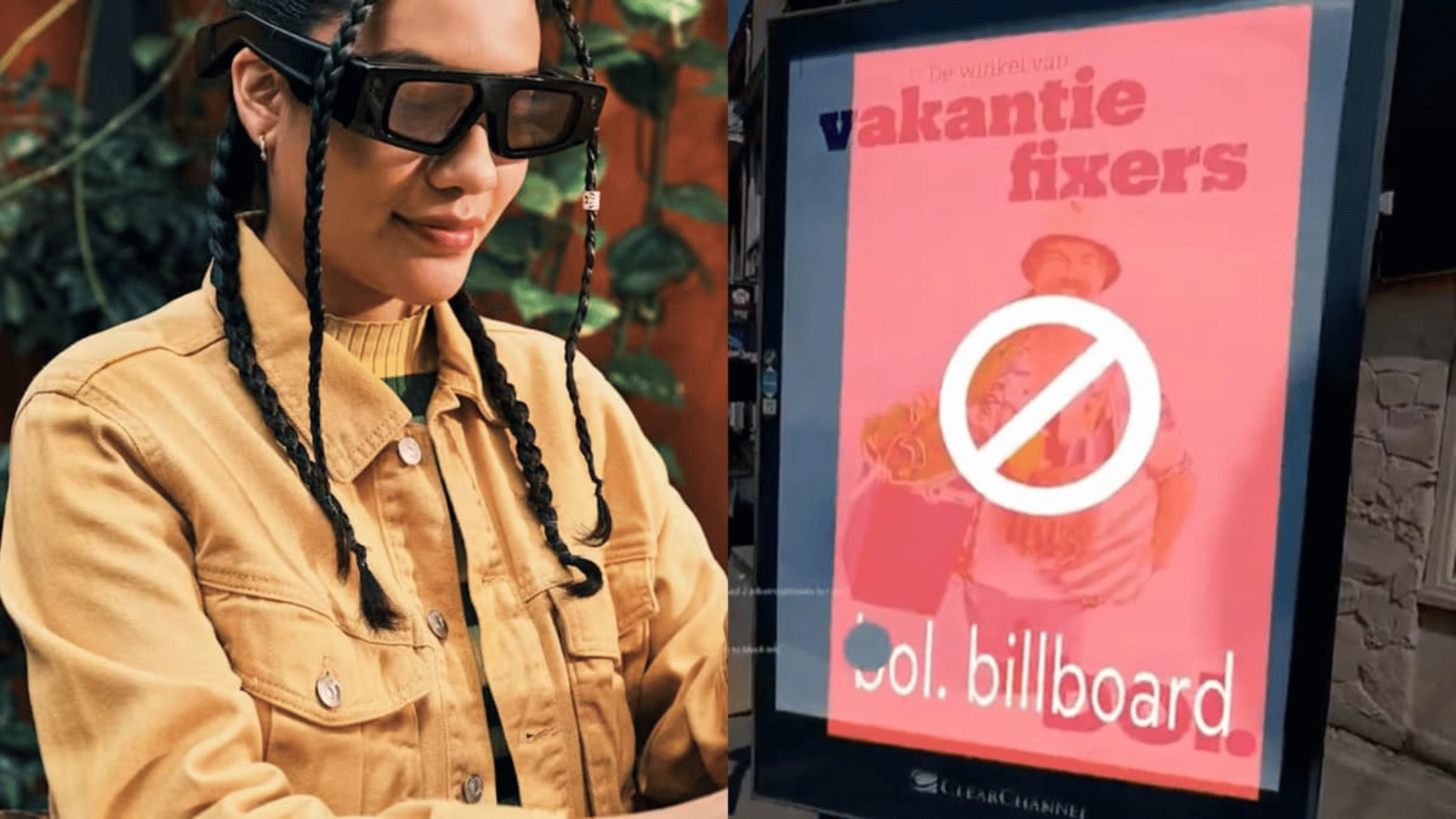Roulette is one of the oldest games in the world, and it has managed to stay at the forefront of the mainstream while the gaming industry has evolved around it. It’s remarkable to see how well the classic casino offering has adapted and thrived in this everchanging technological landscape, and its endurance sets a precedent for other games to follow. Along with integrating and helping to push new tech developments, roulette has helped to promote live interaction. Other sectors can be inspired by the success of roulette.

The Technological Marvel Behind Live Casino Roulette
The iconic red-and-black wheel has always been a staple of casinos, and it has managed to continue in that role throughout the rise of the online casino sector as well. Developers have brought in cutting-edge technology at every stage of the game’s evolution, and this has allowed roulette to reshape the world of gambling. Just looking at the varied roulette online options available highlights how far the wheel has come over the last few decades. There are now countless titles to choose from that add twists to the traditional game. These include offerings like First Person XXXtreme Lightning Roulette and Immersive Roulette.
Players are now faced with a vast range of options in both virtual and live formats. The virtual games use state-of-the-art mechanisms such as random number generators to ensure smooth and fair gameplay. The live options have even more tech at their disposal. These come with high-definition streaming, interactive features, and seamless gameplay from studio to home. The up-to-date tech in action here adds to the immersive experience and makes players feel as though they are sitting in a casino watching a dealer operate the wheel.
HTML5 and web development played a crucial role in getting roulette to where it is today. In the days before the most recent markup language, online casino players usually had to install plugins to play the games. Now, they can be enjoyed directly from a site with only a short loading time. In addition to that, the same roulette games can be played from any device, with HTML5 allowing them to change size to fit any screen.
These titles rely on real-time data transmission as well, which ensures that bets are processed instantly. Without this, there could be problems as players may feel they wagered in time, but the wheel started spinning before their bets were registered. With large amounts of money at stake, developers have had to ensure that their roulette games are infallible. There needs to be no chance of anything going wrong. As the industry constantly evolves, the best engines and mechanisms for roulette are refined and improved. This is why the games are getting smoother by the year.
The Art of Live Interaction in Live Roulette
Live casino games have blown up in recent years thanks to live-streaming technology going mainstream. Facebook Live played a huge role in bringing the platform to the masses, and in 2017 one in every five videos on the social media site was a live broadcast. Since then, live offerings in the online casino industry have boomed as well. Roulette has been at the heart of this craze, and there are many advantages to playing the wheel with a real-world dealer. One of the highlights is the level of interaction available in the game.
The interactive features of these modern games add to the sense of being present in a casino. Many of the games come with a live chat, so players can interact with one another or the dealer. The dealer will sometimes reply to the live chat as well, helping to form a bond with players. Real-time betting gives players a chance to stake on each spin of the wheel at the same time, so there’s a communal feel to the games. This gives players the chance to share in each other’s wins, and these engagement levels turn roulette into more of a social event than a solitary game.
The live interaction in roulette has been such a popular and successful feature, and it seems a certainty that developers will work on advancing this even more in the years ahead. Virtual reality could be a major piece of technology to watch out for in the roulette scene, as this could give players the sense that they are really there, standing at the game table among other players while wearing a headset.
Live Roulette Beyond the Casino Floor
Because the online casino industry is booming with roulette at the forefront, a lot of the technology that is pioneered in its games is adapted by other industries. Roulette was one of the first titles to use live-streaming technology, much before Facebook made it famous. Now, live streaming is used to host everything from virtual conferences to trade shows and concerts. Without the impact of live roulette from the early 2010s, this may never have come to fruition.
Some of the technology that has been used in roulette can also help to expand educational experiences and training programs. For instance, the interactive user interfaces that roulette games incorporate could be adapted for online training modules in a range of industries. Users would be able to select areas and see real-time data transmission in the same way a bet would be placed in roulette. For example, a pilot may be faced with scenarios and have to quickly choose what button to press in a certain situation.
Roulette first emerged over 200 years ago, and it is still ubiquitous in popular culture. The way it has adapted to the modern digital world has been incredible, and its impact on various industries is notable. Many future technologies will likely be pioneered by roulette before spreading into other sectors, with VR expected to get a huge boost from roulette soon.







